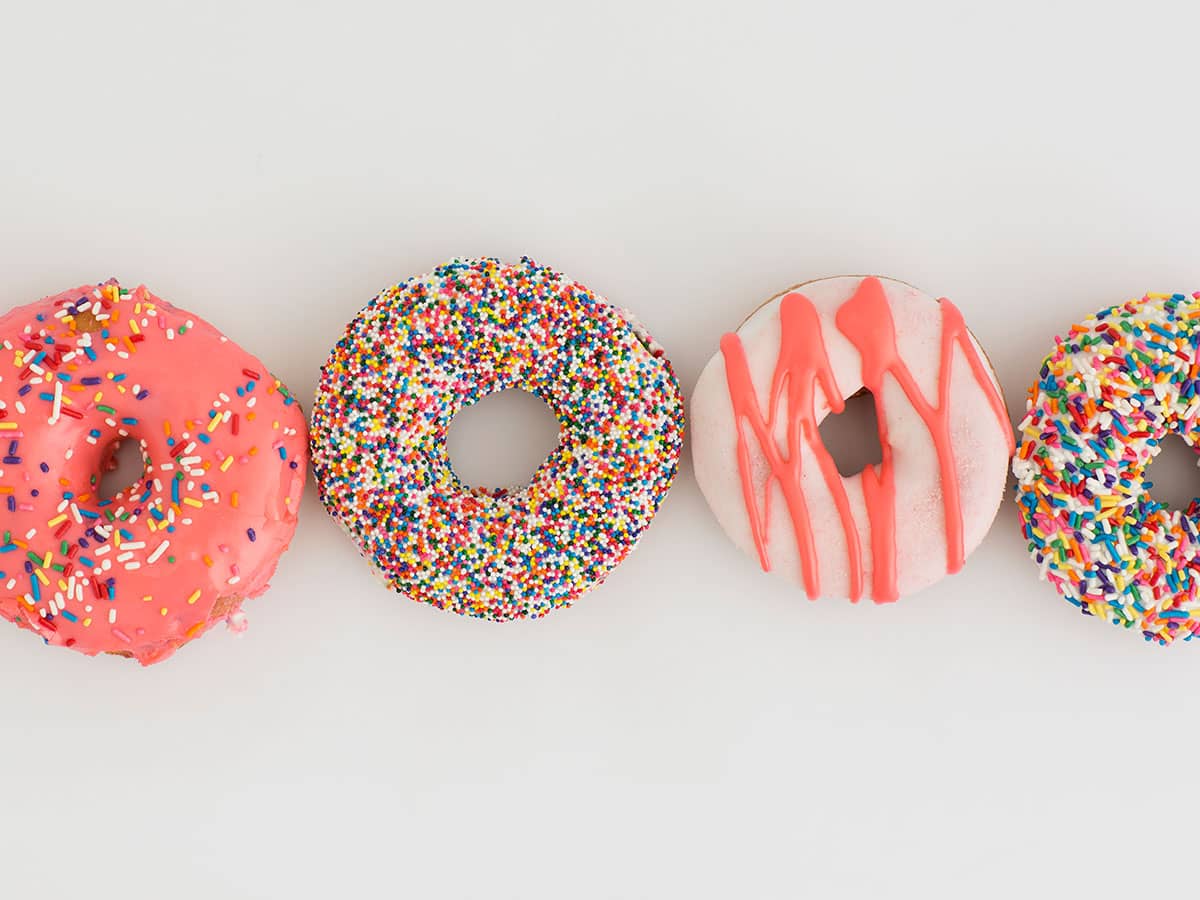
Coffee received a bad reputation and doctors wanted patients to not drink it. Yet, people still coveted their sacred ritual in the morning despite any warnings from their physicians. According to recent research on coffee's benefits, the negatives can remain in the rearview mirror, as good ol' Joe is very much in the game.
Gallup reported how much Americans love their coffee and shared coffee shops are the fastest-growing segments of the restaurant industry. "Sixty-four percent of U.S. adults report drinking at least 1 cup of coffee on an average day, unchanged from 2012 and remarkably similar to the figure in 1999." The study found women drank more cups per day than men, and many coffee drinkers didn't consider the drink to harm their health. Our lives orbit around coffee as it signifies a time to sit back to relax or invites us to socialize. Finding out the health benefits is gravy. Here’s a list of good reasons to drink coffee.It reduces the risk of Type 2 diabetes.
The American Chemical Society's Journal of Natural Products found the compounds in coffee could reduce the risk of Type 2 diabetes. Ling Zheng, Kun Huang who was involved in the research found people who drank 4 or more cups of coffee daily had a 50 percent lower risk of getting Type 2 diabetes. The researchers investigated coffee compounds and how it impacts the cells. The team found cafestol increased glucose uptake in muscle cells, explaining that "Cafestol's dual benefits make it a good candidate for the prevention and treatment of Type 2 diabetes."It may offer protection against cirrhosis of the liver.
The Rotterdam Study tested 2,424 participants in the Netherlands who had a fatty liver. The consumption of herbal tea and daily consumption of 3 or more cups of coffee was related to the presence of lower liver stiffness, they found. Coffee consumption was significantly associated with less scarring of liver tissue, despite lifestyles of those tested. "Previous studies have found a protective effect of coffee on established liver disease and we now show for the first time that this effect is already measurable in the general population."It helps against depression.
Just 2 cups of coffee could help you with depression and it may reduce suicide in some people. "What caffeine is doing is not making the system work better; what caffeine is doing is avoiding the system going into the wrong way of working,” Rodrigo Cunha, an associate professor at the University of Coimbra in Portugal, told ABC News Australia. “So it’s a prevention of a deterioration rather than an improvement.” Caffeine stimulates but acts as an antidepressant because it boosts the production of the neurotransmitters in the brain like serotonin and dopamine, which makes us feel happier. This could explain the lower risk of depression among coffee drinkers.It may reduce blood pressure.
As we age blood vessels become more narrow and stiffer leading to high blood pressure. Coffee may counteract the process. People who already consumed coffee regularly saw blood pressure stabilized during tough times and explained a calming effect than those who were non-coffee drinkers. "People who drank 1 to 2 cups of coffee a day had about a 25 percent greater elasticity in their major blood vessels than people who drank less coffee or none at all," the Greek study found.The USDA supports it.
The USDA’s dietary guidelines actually recommended drinking coffee. They advised people to have 3 to 5 cups of coffee a day and reported coffee should include fat-free or low-fat milk, not cream and sugar. What's all the fuss? In addition to what's been already discussed, a typical serving of coffee contains more antioxidants than strawberries, blueberries, raspberries and peaches.It may prevent Multiple Sclerosis.
An estimated 400,000 people in the United States have MS and a new U.S. diagnosis of MS occurs every hour, the National Multiple Sclerosis Society (NMSS) found. According to the Journal of Neurology, Neurosurgery & Psychiatry, coffee may reduce your risk of developing the disease. In accordance with studies in animal models of MS, high consumption of coffee may decrease the risk of developing the condition. "Caffeine, one component of coffee, has neuroprotective properties, and has been shown to suppress the production of proinflammatory cytokines, which may be mechanisms underlying the observed association."Seek balance.
Caffeine is absorbed within 30-45 minutes and leaves you with withdrawals like headaches, stomachaches, mood swings, nervousness and can make you vitamin deficit. It may cause an irregular heartbeat when you go over 3 cups a day. Coffee will not help everyone as those with caffeine sensitivities and those with heart problems shouldn't push it because caffeine is still caffeine.
Johann Sebastian Bach is one of the greatest composers of all time, and he was a coffee enthusiast. So much so that he wrote a composition about the beverage called the "Coffee Cantata" over 300 years ago. He felt compelled to write the opera because coffee was believed to be the drink of the devil so he wanted to quench the fears and make people understand it had advantages. Whether or not it worked, who knows, but coffee is far from being evil and it could provide clues how to fight certain diseases. Outside the health benefits, what would life be without coffee?

